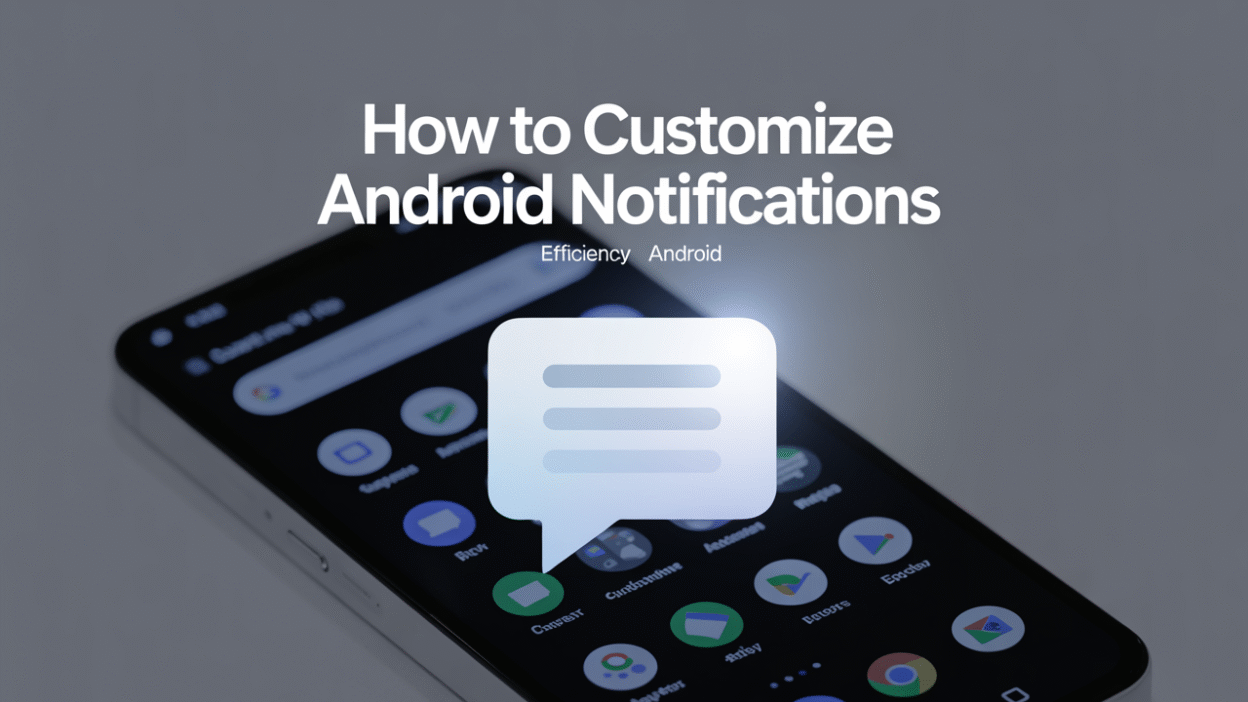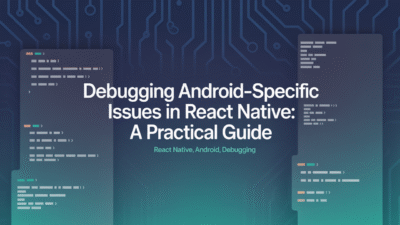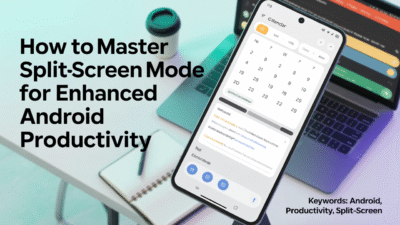In today’s fast-paced digital world, managing the constant stream of notifications on your Android device is crucial for maintaining focus and productivity. Customizing your Android notifications not only helps in reducing distractions but also ensures that you stay informed about what truly matters to you. In this guide, we will explore how to tailor your notification settings for maximum efficiency.
Understanding Notification Settings
To begin customizing your notifications, navigate to Settings > Notifications > App notifications . Here, you will find a list of all installed apps, each with its own toggle switch to enable or disable notifications entirely. This basic level of control allows you to quickly silence apps that are not essential to your daily routine .
Creating Notification Channels
Android introduced notification channels in Android 8.0 (Oreo) to provide more granular control over different types of notifications from each app. By creating specific notification channels, you can customize alerts based on their importance. For example, an email app might have separate channels for primary messages, social updates, and promotional content. To manage these, go to the app-specific notification settings and look for ‘Notification categories’ or ‘Channels’ where available .
Customizing Notification Appearance
For developers looking to offer users a unique experience, Android provides tools to customize the visual aspects of notifications. This includes setting a small icon, which is mandatory, and designing custom layouts that align with the app’s branding . However, it’s important to adhere to Android design guidelines to ensure consistency and usability across different devices and Android versions .
Managing Distractions with Do Not Disturb
The Do Not Disturb feature is another powerful tool that complements notification customization. It allows you to schedule times when notifications are muted, helping to create uninterrupted periods for work, rest, or family time. You can access this feature through the main notification settings menu and configure it according to your lifestyle needs.
Leveraging Third-Party Tools
There are numerous third-party applications designed to enhance the built-in notification management capabilities of Android. These tools often offer advanced features such as automation rules, priority-based sorting, and integration with other productivity services. When selecting a third-party solution, consider factors like privacy policies, user reviews, and compatibility with your device’s operating system version.
Conclusion
Customizing your Android notifications is a personal process that depends on your preferences, lifestyle, and professional requirements. By taking advantage of the built-in settings and potentially augmenting them with additional tools, you can transform your smartphone into a focused assistant rather than a source of endless interruptions. Start by evaluating which apps deserve your attention and set up your notification environment to reflect those priorities. With thoughtful configuration, your Android device can become both less distracting and more effective at keeping you connected to what’s important.



